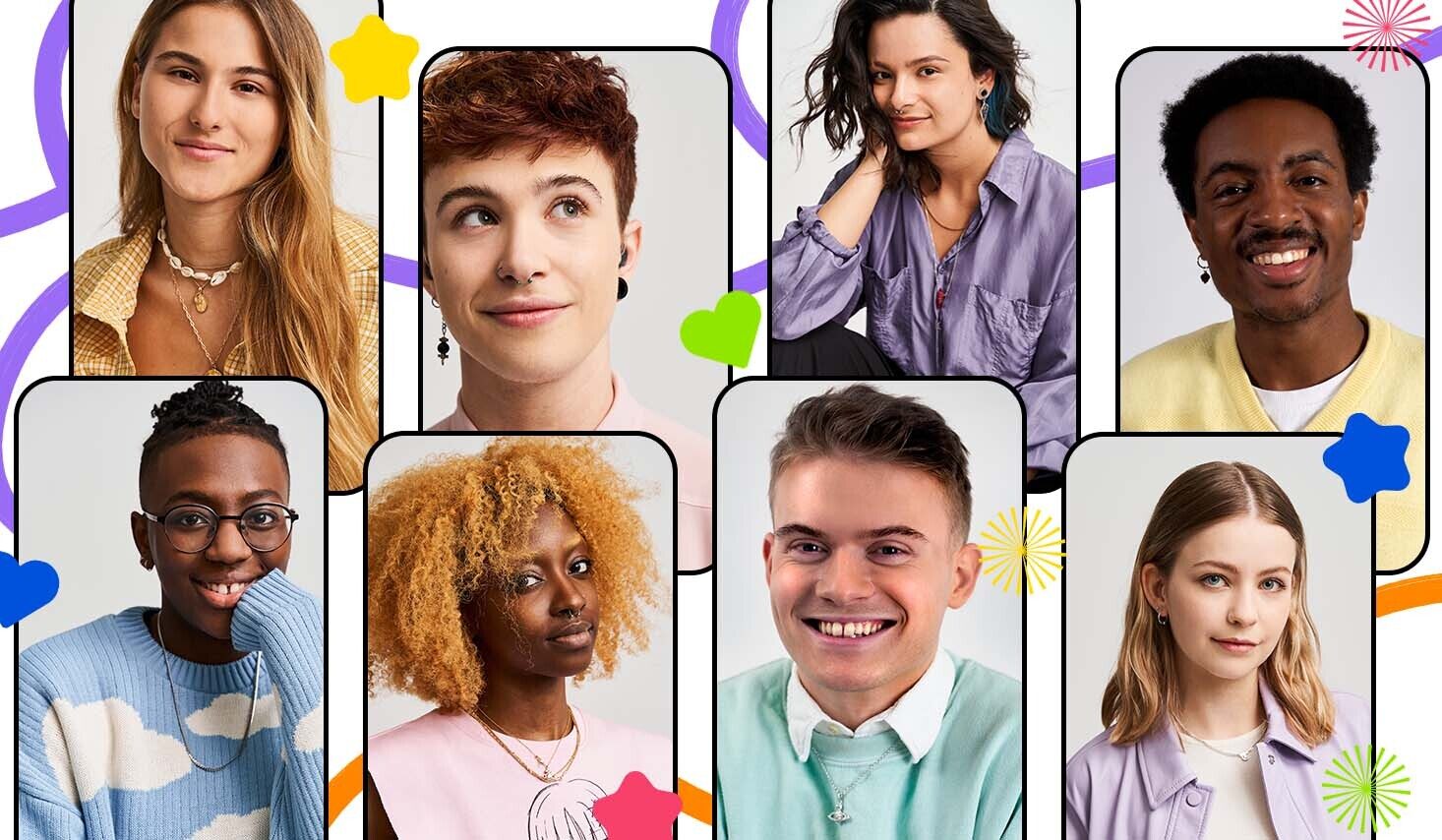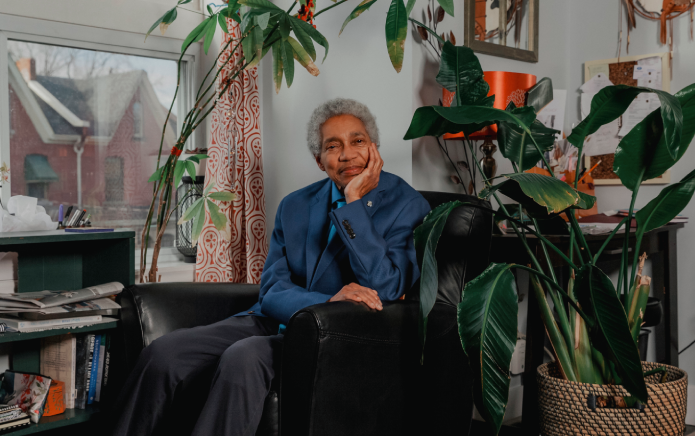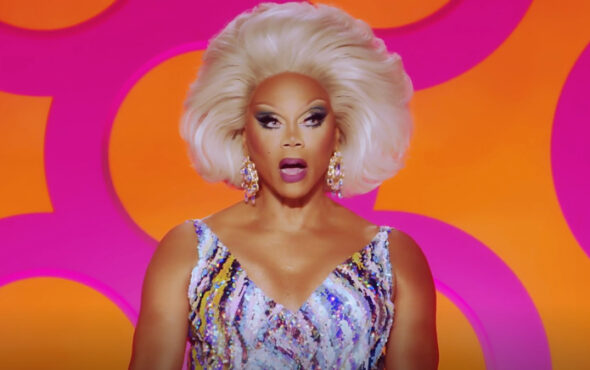
Pronouns are nothing new, in fact, a brief look at etymology will show that the grammar component has functionally existed since the late Middle Ages. Even famed authors such as Jane Austen was known for her use of the singular “their” as an antecedent and indefinite pronoun. So, why has today’s conversation around preferred pronouns caused such a ruckus? Well, what began as a genuine identity-led conversation navigated by a desire to feel represented in the LGBTQ+ community has quickly become a watered-down conversation on how to make the latest quip insulting pronoun use on the internet.
The political conversation around pronoun use has been treading muddy waters, but that doesn’t mean the appropriate cultural change hasn’t begun. Now, more than before, we’re seeing online users include pronouns in their personal profiles and email signatures. Greater attention has been drawn to how non-binary athletes and artists can be included in pop culture and celebrity culture. Whether this means creating new categories for award ceremonies or behind the scenes media training to prevent misgendering during live show commentaries, these would all be constructive steps in the right direction.
Discussing these topics in isolation can seem quite abstract, but close to 1% of the UK’s population (an estimated total of 68,347,917 people) identify as non-binary, according to Stonewall. In the US, a 2021 study by the Williams Institute, revealed an estimated 1.2 million Americans identify as non-binary, making up 11% of the LGBTQ adult population in the United States. The changes we make as a society (and as a community) have a very real lasting impact on those around us. So, as International Pronoun Day is upon us, GAY TIMES spoke with GT133 (our appointed collective of entertainers and brand ambassadors) to discuss why pronouns are significant to today’s younger LGBTQ+ generation.
Pronouns matter to me because they are just as much a part of my identity as my sexuality is.
Alisha Vital is a content creator for GAY TIMES and uses “she/her” pronouns. For her, the importance of preferred pronouns is tied to translating her personal identity to others. “Pronouns matter to me because they are just as much a part of my identity as my sexuality is,” she explains. “I want to feel like the way that people address me aligns with how I perceive myself is affirming.” Self-aware of the debate surrounding pronouns, she believes people reserve the right to be referred to as they choose. “Pronouns are important because everyone deserves to be addressed in a way that makes them feel seen and comfortable. No one should feel as though they are being forced into a binary especially if they don’t feel like they do fit into said binary and pronouns are a good way to express that.”
Moving ahead, Alisha agrees mutual respect and understanding should play a role in adopting someone’s pronouns and she hopes people will aim to understand what it is like to be misidentified or misgendered: “People should think about how they would feel if someone continuously kept addressing them with the wrong name and no matter how many times they corrected this person they just refused to use their correct name. That is how you make people feel every time you choose not to use their pronouns or misgender them,” she says. “How people want to be addressed is important and you should respect that even if you don’t fully understand it.”
Based in London, Elliot Douglas strongly advocates for the correct use of preferred pronouns and hopes individuals understand the importance they hold against your identity. “Pronouns matter to me because it’s how I want to be known as especially as someone who has transitioned from female to male, it’s important for people to know how to address me and what I feel comfortable with,” he explains. While preferred pronouns have become associated with the LGBTQ+ community, the creator highlights the universality of pronouns and their usage. “Pronouns are part of how everyone identifies, whether you’re cis or trans, it’s respectful to address people with their correct pronoun. There is a discomfort, that anyone can experience when incorrectly addressed and to make spaces safe for everyone it’s important to get it right.” Likewise to Elliot, Max Balegde, an internet influencer, also appreciates the impact pronouns have on an individual. While Max opts for “he/him” pronouns, he hopes those in and outside of the LGBTQ+ community will learn to “do better”. More than anything, the creator empathises how misgendering can impact mental health. “Pronouns are important as some people spend a large chunk of their lives being called the wrong ones,” he explains. “Over time this can cause deep sadness and irreparable anxiety. “
As the topic of pronouns continually faces a siege of off-hand remarks or attempted smearing, we run the risk of distancing ourselves from the significance preferred pronouns have towards the LGBTQ+ community. A study, McNeil et al. (2012), found those who identify as non-binary or in ways that challenge the gender binary generally face similarly high levels of mental health difficulties to trans people. Moreover, a Western-imposed understanding of gender (one that typically adheres to binaries such as male and female) can create further personal frustrations, particularly for those who come from non-Western backgrounds. The weight of preferred pronouns and its tie to mental health is not something that should be easily dismissed. A study, led by The University of Texas, found that trans youth (aged 15-21) who were able to use their chosen name experienced 71 per cent fewer symptoms of severe depression, a 34 per cent decrease in reported thoughts of suicide and a 65 per cent decrease in suicidal attempts. In short, it’s time to undo the trivialisation of the pronoun conversation.
GAY TIMES creator Spencer Freitas uses “they/them” pronouns and has found adopting a chosen pronoun validating and convenient to communicate their identity. “Pronouns matter to me because they help me express myself and show the world who I am,” they explain. The use of chosen pronouns, for many, is deeply personal and for Shiann Smith, the notion matters to them because of how diverse the gender spectrum is. “It’s important for people to understand the fluidity of it. It’s not black and white for anybody and it’s not something to be restricted but, instead, it’s something belonging to the person it resonates with if having pronouns even resonates with said person.” The creator elaborates, stressing why ignoring preferred pronouns or chosen labels can be dangerous. “It’s dehumanising to misgender people. To those who don’t understand the significance of pronouns or correctly gendering people. You need to educate yourself on the lives and experiences of other people who walk a different path of life to you and understand the fluidity, history and beauty of gender identity.”
Shiraz Dejbakhsh has become popular on TikTok for sharing their experience as a non-binary LGBTQ+ figure. When it comes to their stance on pronouns, they agree with fellow GT133 members. “Using the right pronouns is important because it shows respect and validates someones’ identity. Also using someone’s pronouns incorrectly or misgendering them can be invalidating and hurtful,” they explain. “You don’t know what someone is going through and doing both these things can be triggering and make them uncomfortable.”
Pronouns are part of how everyone identifies, whether you’re cis or trans, it’s respectful to address people with their correct pronoun.
GAY TIMES’ creators Lou McCloskey and Sam Redman both agree that honouring someone’s pronouns comes down to respecting their identity. “Many people close to me have experienced being misgendered, and I can see how disheartening it can be when your gender identity is not respected,” Lou reflects. Moreover, the young content creator acknowledges how her privilege, as someone cisgender, displaying pronouns and respecting preferred labels can be. “It’s important to understand that pronouns are not just for trans and gender-nonconforming individuals and it’s vital that everyone’s self-identities are respected and seen.” But, for her, the graft of education shouldn’t fall squarely on the LGBTQ+ community. Instead, Lou hopes curious audiences will seek out resources to help ”create less of a divide” and an “inclusive environment”.
Sam Redman strongly supports Lou’s sentiment and relationship to privilege. “Pronouns matter to me because it’s a part of your identity and how you see yourself. Being born a cis man and identifying as such, I acknowledge the privilege that I have when it comes to self-identity and pronouns,” he says. “I strive to do my best to respect others’ pronouns and admire the courage and the power people have.” Moving forward, Sam is in favour of breaking down the binary and allowing individuals to regain the personal power that society has institutionally denied them. However, for that to happen, the 20-year-old says an educational overhaul is needed. “[We need to] take the time and learn so that others can follow suit,” Sam explains. “We as a society need to get better at respecting pronouns and I believe that things are improving but a greater education on the subject is 100% needed.”
As International Pronoun Day takes over our calendar today, it’s important to recognise the growth and cultural change we need to embark on. So, while many might try to invalidate the use of preferred pronouns in a clumsy syntax argument or poorly thought out joke, we must remember gender-neutral pronouns have long stood in our society. From the days of Chaucer to modern-day Tik Tok videos, these grammatical complexities have maintained relevance and there’s a good reason why; these personal markers visibly recognise a community — and that ethos will only continue to grow.



